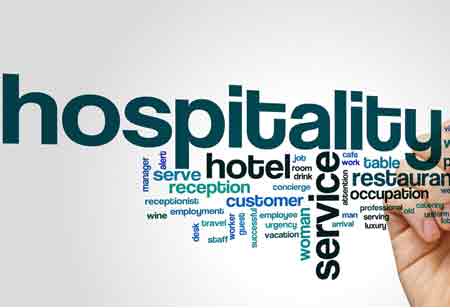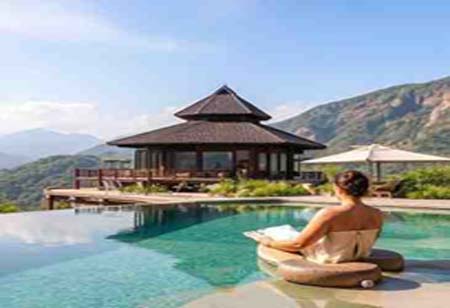Thank you for Subscribing to Hospitality Business Review Weekly Brief
- Home
- Topics
- Automatic Coffee Machines
- Catering and Dining Services
- Hospitality Advisory Services
- Hospitality Construction Services
- Hospitality Consulting Services
- Hospitality Marketing
- Hospitality Procurement
- Hospitality Staffing Services
- Insurance Services
- Travel and Tourism Management
- Vacation Rental Property Management
- Vendors
- News
- Contributors
- Conferences
- Newsletter
- Subscribe
- About Us
- CXO Awards
-
What You Need to Consider Before Creating Your Next Hospitality Project
To reach a hotel's ultimate success, various specialists must collaborate and work together throughout the hotel-building process.

By
Hospitality Business Review | Thursday, July 27, 2023
Stay ahead of the industry with exclusive feature stories on the top companies, expert insights and the latest news delivered straight to your inbox. Subscribe today.
Developers must abide by local laws and regulations where the hotel project is being developed and follow hotel brand requirements. The danger of the project being shut down increases if any part of the development process for the hospitality business violates local legislation.
Fremont, CA: To reach a hotel's ultimate success, various specialists must collaborate and work together throughout the hotel-building process. Any project's success or failure depends on this procedure. Here are some key facts that any developer should be aware of before starting a hospitality project.
Hotel Brand Standards
Developers must adhere to the hotel Brand or flag's precise building and design specifications before starting a hospitality project. Developers who don't adhere to hotel brand guidelines from the start risk revising or redoing work that has already been completed to comply with the hotel brand. Construction is delayed due to these changes, adding money and resources. The flag's criteria should be followed initially to save developers time and money.
Local Rules & Regulations
Developers must abide by local laws and regulations where the hotel project is being developed and follow hotel brand requirements. The danger of the project being shut down increases if any part of the development process for the hospitality business violates local legislation. Developers depend on architects to ensure the project is built according to current building rules and complies with all applicable laws and regulations.
Have A Backup Plan
Regarding hospitality projects' architectural elements, developers need a backup strategy. The pre-selected furniture, fixtures, and materials may frequently be out of stock, back ordered, or too expensive. Developers and designers should collaborate closely to identify comparable options, vendors, and resources that may replace pre-selected design components, if necessary, to stay on schedule and under budget to keep the design goal.
Good Communication with Designers
Developers must consult interior designers when purchasing hotel furnishings and design alternatives to remain faithful to the original design intent. As Charles Eames famously said, "The details are not the details; they MAKE the design." Good communication between designers and developers is crucial to execute the desired outcome and maintain the design intent of the hospitality project.
Think Long-Term Maintenance
Developers must consider durability and long-term maintenance when selecting hotel fixtures, furnishings, materials, and textures. Short-term fixes or replacements can increase maintenance costs while ignoring quality and durability can lead to long-term maintenance issues and increased costs.
Sustainable Measures
Integrating sustainable measures in hospitality projects reduces operational costs, enhances guest experience, and conserves natural resources. Developers can create healthier and more efficient hospitality projects by incorporating energy-saving equipment, lighting controls, thermal comfort, electric vehicle charging stations, indoor air quality management plans, and enhanced systems commissioning.
Finding The Right Partner
A strong partnership between a developer and an architecture firm is crucial for successful hospitality projects, enabling developers to deliver exceptional experiences for clients, investors, and guests.







